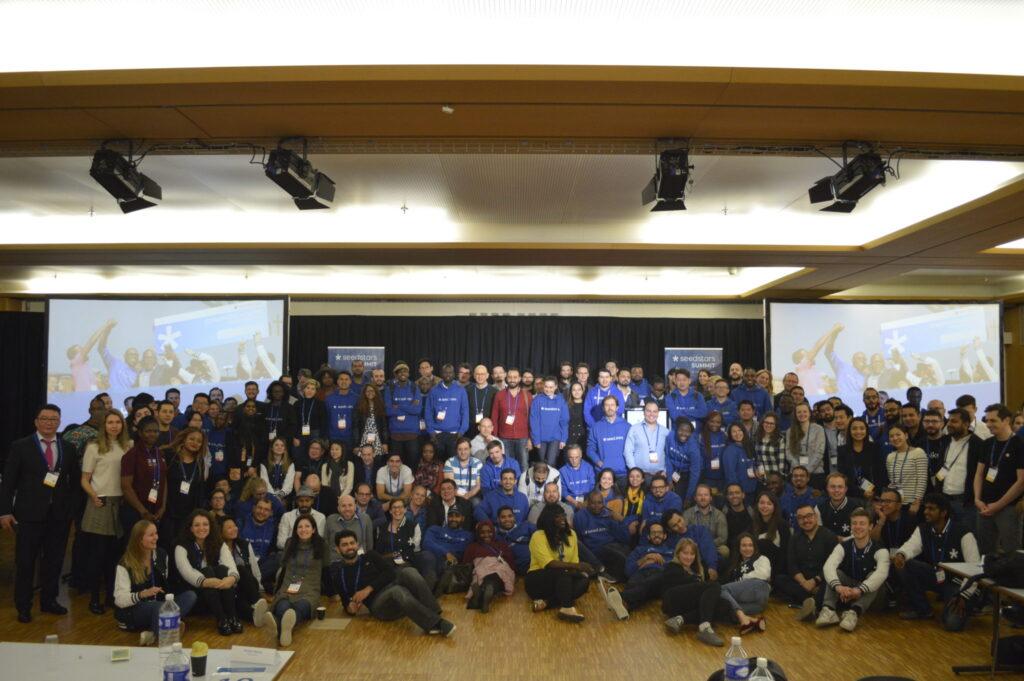Google has announced it is expanding its infrastructure in Latin America and will invest $850 million in its second data center in the region. The center, to be located in Uruguay, will further investments in the cloud and improve access to AI across Latin America.
The demand for cloud in Latin America continues to grow, with tech giants like Google expanding in order to keep pace. According to the United Nations, the region’s projected annual growth rate for cloud storage at 26% is higher than in Europe and Asia-Pacific.

The new data center by Google will serve as a hub for AI advancements and cloud solutions.
Said Eduardo López, President of Google Cloud for Latin America, “We hope our new data center in Canelones will significantly contribute to the professional and technological development of Uruguay and the entire region.”
The initiative is expected to create 50 permanent jobs once the center is operational.
The announcement follows news of data cloud company Snowflake, which earlier officially opened its first office in Colombia.
The strategic move, according to the company, was part of the organization’s plan to strengthen its presence in Latin America.

Said Ernesto Serrano, Snowflakes Country Manager for Colombia, at the time of the announcement, “Companies in all industries in Colombia can unlock the true potential of their data with Snowflake, fostering informed decisions, efficiency, and innovation.”
“We are excited to invest in Colombia and expand the reach of Snowflake Data Cloud.”
The expansion of Snowflake and Google to the region is expected to also bring access to its partners. SQream, a GPU-based acceleration platform, recently introduced a native Snowflake connector that allows big data projects to integrate its patented technology into Snowflake, providing the benefits of both platforms.
According to a company press release from SQream, its technology handles data 2X faster and at 1/2 of the cost, with some tasks exceeding this even further with a 5X performance improvement over Snowflake.
This would be equivalent to reading 25,000 copies of the Oxford English Dictionary in less than an hour, hinting at how these solutions can help Latin America companies address cost-performance challenges associated with modern data.











